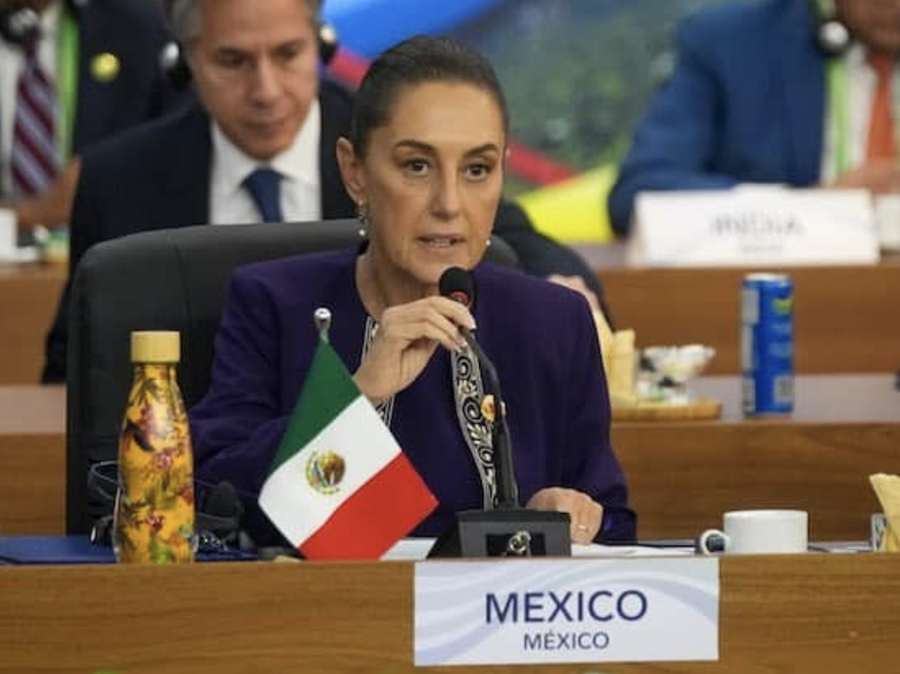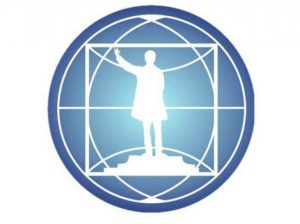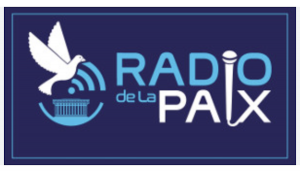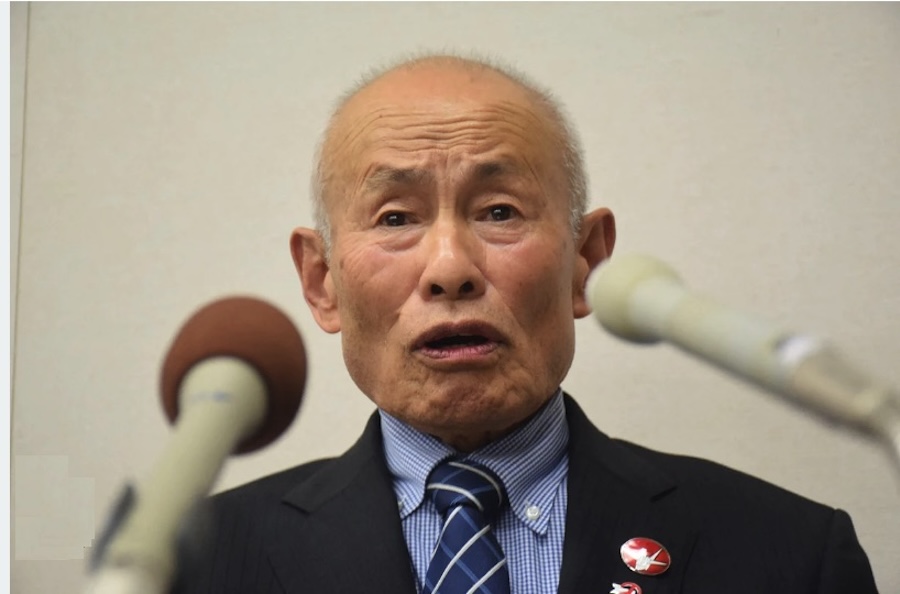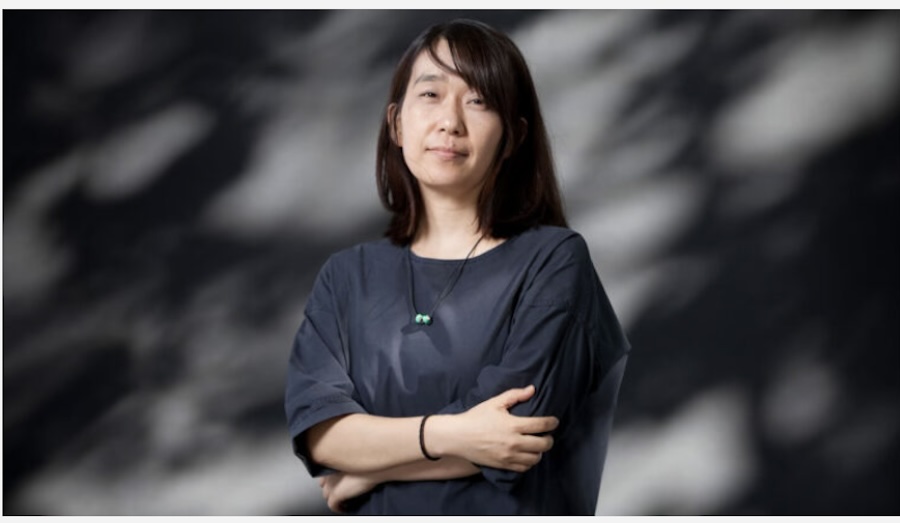FREE FLOW OF INFORMATION .
A press release from the World Future Council
The World Future Policy Award celebrates top policy solutions for current and future generations. We raise global awareness of exemplary laws and policies, accelerating policy action towards a common future where every person lives in dignity on a healthy, sustainable planet. As the world’s premier policy prize, we showcase inspiring and effective policies, not individuals, on the international stage. Each year, we focus on one topic where progress is particularly urgent and receive nominations from across the globe. This year’s topic is Peace and Future Generations.
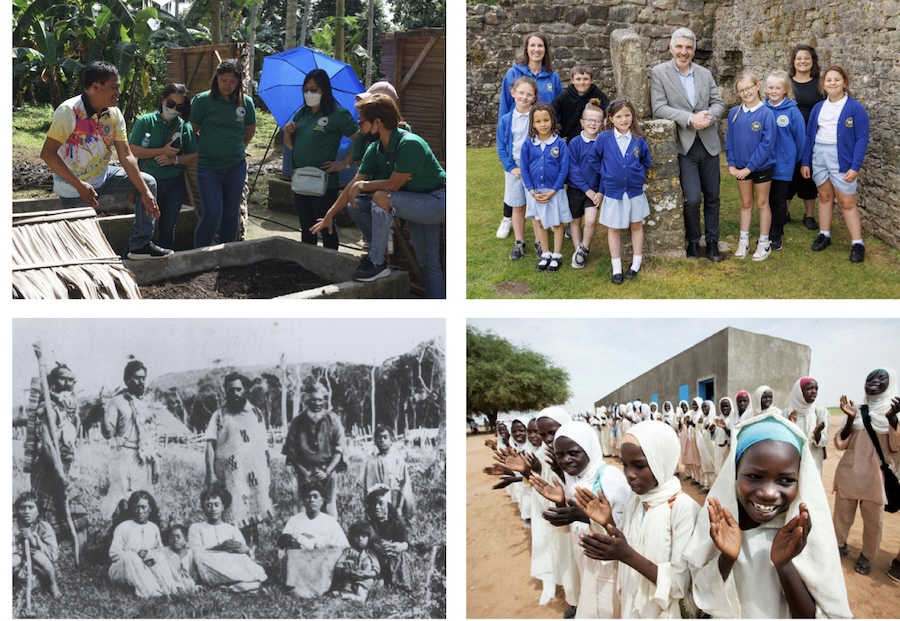
Enduring peace is perhaps the most critical component for the sustainable development of societies and the protection of both people and the planet. Our global community is in desperate need of creative and inclusive policy solutions at all levels to resolve conflict, prevent war, and foster a culture of peace. The good news is, these policies exist!
From 47 nominations spanning 29 countries, our esteemed panel of international experts selected four Winning Policies, one Vision Award, and three Honourable Mentions. The winners were celebrated at the Award Ceremony at the Maison de la Paix in Geneva (November 27).
AND THE 2024 WINNERS ARE…
KAUSWAGAN’S “FROM ARMS TO FARMS” PROGRAMME (PHILIPPINES) (2010)
Launched in 2010 in Kauswagan, Lanao del Norte, Philippines, the “From Arms to Farms” programme has reintegrated over 5,000 former combatants into society through sustainable agriculture. Under the leadership of Mayor Rommel C. Arnado, the initiative addresses poverty, distrust in governance, and historical inequalities, transforming the municipality into a model of peace and sustainable development. By reducing poverty rates from 80% in 2010 to 9.1% by 2020 and fostering peace between Christian and Muslim communities, the programme demonstrates how innovative, integrated solutions can drive lasting change.
Participants receive training in organic farming and financial literacy, equipping them to build stable livelihoods. Community dialogues and conflict resolution foster reconciliation, while bi-weekly meetings with local leaders ensure transparency and inclusivity. Over 6,000 hectares of land have been cultivated, significantly enhancing food security and revitalising the local economy. All 13 of Kauswagan’s villages are now 100% organic. Since 2012, no armed conflict-related crimes have been reported.
WELL-BEING OF FUTURE GENERATIONS (WALES) ACT 2015
The Well-being of Future Generations (Wales) Act 2015 is a landmark policy designed to promote sustainable development across all public bodies in Wales. Its core aim is to enhance the economic, social, environmental, and cultural well-being of Wales, ensuring that present decisions do not compromise future generations. The Act mandates legal accountability for public bodies and prioritises community engagement at all levels, fostering economic resilience, environmental preservation, and social cohesion.
The Future Generations Commissioner supports these goals by encouraging long-term thinking and monitoring public bodies’ progress in meeting their well-being goals. This holistic system positions Wales at the forefront of sustainability efforts in line with global objectives. Highlighting such pioneering policies that protect the rights of future generations is both timely and essential.
(Article continued in the column on the right)
Where in the world can we find good leadership today?
(Article continued from the column on the left)
THE MORIORI PEACE COVENANT (NUNUKU’S LAW) (15TH CENTURY – ONGOING, RĒKOHU, NEW ZEALAND)
The Moriori Peace Covenant (Nunuku’s Law) is an extraordinary example of a long-standing commitment to peace, non-violence, and future generations. Established in the 15th century, it prohibits violence among the indigenous Moriori of Rēkohu (Chatham Islands, New Zealand). Despite facing immense aggression and oppression from Māori tribes Ngāti, Mutunga and Ngāti Tama, and later discrimination from European settlers, the Moriori upheld their commitment to non-violence.
Though this led to tragic losses, the Covenant became a powerful symbol of resilience and integrity. Recognised globally, Nunuku’s Law has influenced modern peace efforts and contributed to Moriori cultural revival, making it a model for intergenerational peacebuilding and sustainability. Despite influencing renowned non-violent leaders like Te Whiti, Tohu, and Mahatma Gandhi, the Covenant remains relatively unknown both in New Zealand and globally – a situation that calls for greater recognition.
CANADA’S FEMINIST INTERNATIONAL ASSISTANCE POLICY (2017)
Since 2017, Canada’s Feminist International Assistance Policy (FIAP) has placed gender equality and the empowerment of women and girls at the heart of its international development strategy. Recognising that inclusive societies are more peaceful and prosperous, FIAP addresses systemic inequalities by promoting women’s leadership, enhancing access to education and healthcare, and fostering inclusive economic growth. Developed through consultations with over 15,000 participants across 65 countries, FIAP demonstrates Canada’s commitment to implementing UNSCR 1325 and advancing gender equality in peacebuilding and sustainable development.
FIAP’s feminist framework includes marginalised women and girls while engaging men and boys to challenge harmful gender norms. It prioritises innovation and partnerships, invests in research, fosters cross-sector collaboration, and supports communities in adapting to climate change by empowering women in agriculture and environmental decision-making.
VISION AWARD 2024
A Vision Award policy has strong design and objectives, showing considerable potential for transformative impact, though it may lack proven implementation due to being relatively new or facing challenging circumstances.
THE NIGERIA NATIONAL ACTION PLAN ON YOUTH PEACE AND SECURITY (2021)
The Nigerian National Action Plan on Youth, Peace, and Security (NNAPYPS) was developed in response to UN Security Council Resolution 2250, making Nigeria the first African country and second globally to adopt such a policy.
It seeks to engage youth in peacebuilding and conflict prevention, focusing on vulnerabilities like unemployment and empowering young people as peacebuilders. Despite contextual challenges, NNAPYPS shows great potential and has already improved youth engagement and representation, with incremental replication at the state level.
Emerging from a youth-driven grassroots movement, NNAPYPS is a significant achievement in peacebuilding, though still in its early stages, with the pilot phase nearing completion.
EXPLORE THE 2024 AWARD BROCHURE!
Learn more about our winners, our honourable mentions, & the 2024 Award in our official brochure.
English, German, Spanish, French
Watch all out Winner Videos here.
– – – – – –
If you wish to make a comment on this article, you may write to coordinator@cpnn-world.org with the title “Comment on (name of article)” and we will put your comment on line. Because of the flood of spam, we have discontinued the direct application of comments.
